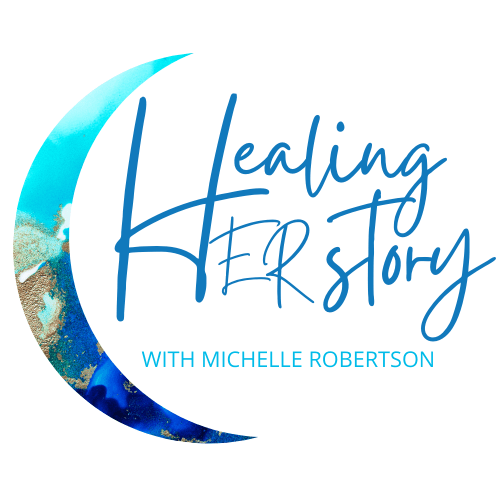Forgiveness is NOT Your Responsibility

I’ve thought about forgiveness a lot over the years.
I was raised Catholic, and the confessional was a big part of my life, especially around the age of twelve, when weekly trips to the darkened cubicle at the back of the church formed a part of my regular routine. This ritual also wove it’s way through my closest friendship at the time. Wendy and I spent a good portion of “confession day” discussing our sins and transgressions, comparing our darkest secrets, and making lists to recite to the priest.
At twelve, I confessed to adultery. Having run out of sins – how much sinning could a twelve year old do in the space of seven days? – Wendy and I had split the ten commandments, each taking five. The priest asked my age after I rattled off the list, assuring me that I couldn’t possibly have committed adultery, but acquiescing when I insisted. He instructed me to say one decade of the rosary and granted me absolution.
This memory sticks with me, one of many that are etched into my very being. When understanding finally came, many years later, I reflected on the irony of this moment. By age twelve, “adultery”, in the form of abuse, had been a part of my life for ten years already.
Wherever I turn, people are espousing the benefits, the necessity, of forgiveness to enable us to move forward and heal from abuse, from the wrongs that have been inflicted upon us by others.
I have a problem with this, other than the fact that I was absolved of the sin of adultery at age twelve.
Historically, forgiveness means to grant pardon, it’s a transaction between two people, one who is the offender and the one who has been offended. Forgiveness assumes that the perpetrator will in some way atone for their actions, there is retribution of some sort. The meaning may have evolved somewhat over time, but the synonyms remain: pardon, excuse, exonerate, absolve, acquit, disregard, ignore….
In the case of those of us who have experienced abuse, we are told that we will never be whole, never begin to heal, never move on, until we have forgiven the perpetrator/s. The perpetrator is not a part of this equation, need not so much as acknowledge any wrongdoing. Having to forgive, makes the victim responsible, not only for the harm that was inflicted upon them, but also, if we want to get back to the biblical, the soul of the person who is culpable.
That’s an awful lot for society to ask. That’s a steep price to demand for “healing”.
Too much, I say. In fact, I’ll go so far as to say that it is yet another form of abuse.
If a victim is expected to forgive, without any acknowledgement of wrongdoing by their abuser, what is the message we are giving?
- You are responsible, forgive them.
- You will never move on, forgive them
- Your pain is not valid, forgive them.
- You will only ever be whole if you forgive them.
- You will burn in hell if you don’t forgive them.
- You will never find peace if you don’t forgive them.
- Your abuse was not that bad, forgive them.
Let me be clear, the implication is that the victim, who has already had untold pain and misery heaped upon them, will continue to suffer for all eternity if they do not actively forgive the person who is responsible for this pain and suffering, while the perpetrator does….
…..n o t h i n g;
goes on with their life.
I think it’s time mental health professionals, religious leaders and society in general rethink the “advice” they’re giving to abuse and sexual violence survivors. Words are important. They frame our experience of the world, and the word forgiveness is too weighted. Too heavy a burden to carry.
I have moved on, without forgiveness. I have found peace, without forgiveness. Forgiveness is between those who abused me and their god. It has nothing to do with me, or with my healing journey.
The truth is, your healing has nothing at all to do with any other person, including those who have harmed you. And that’s liberating.

Recent Comments